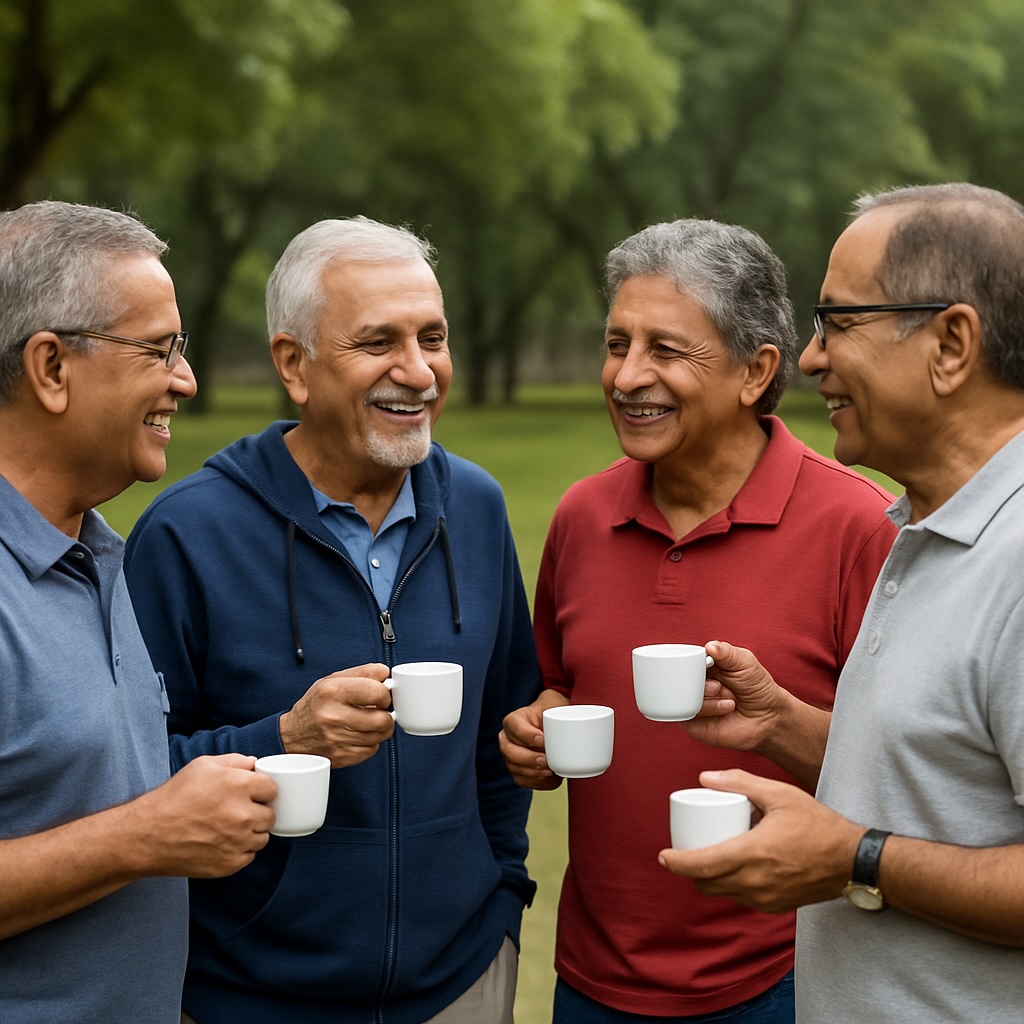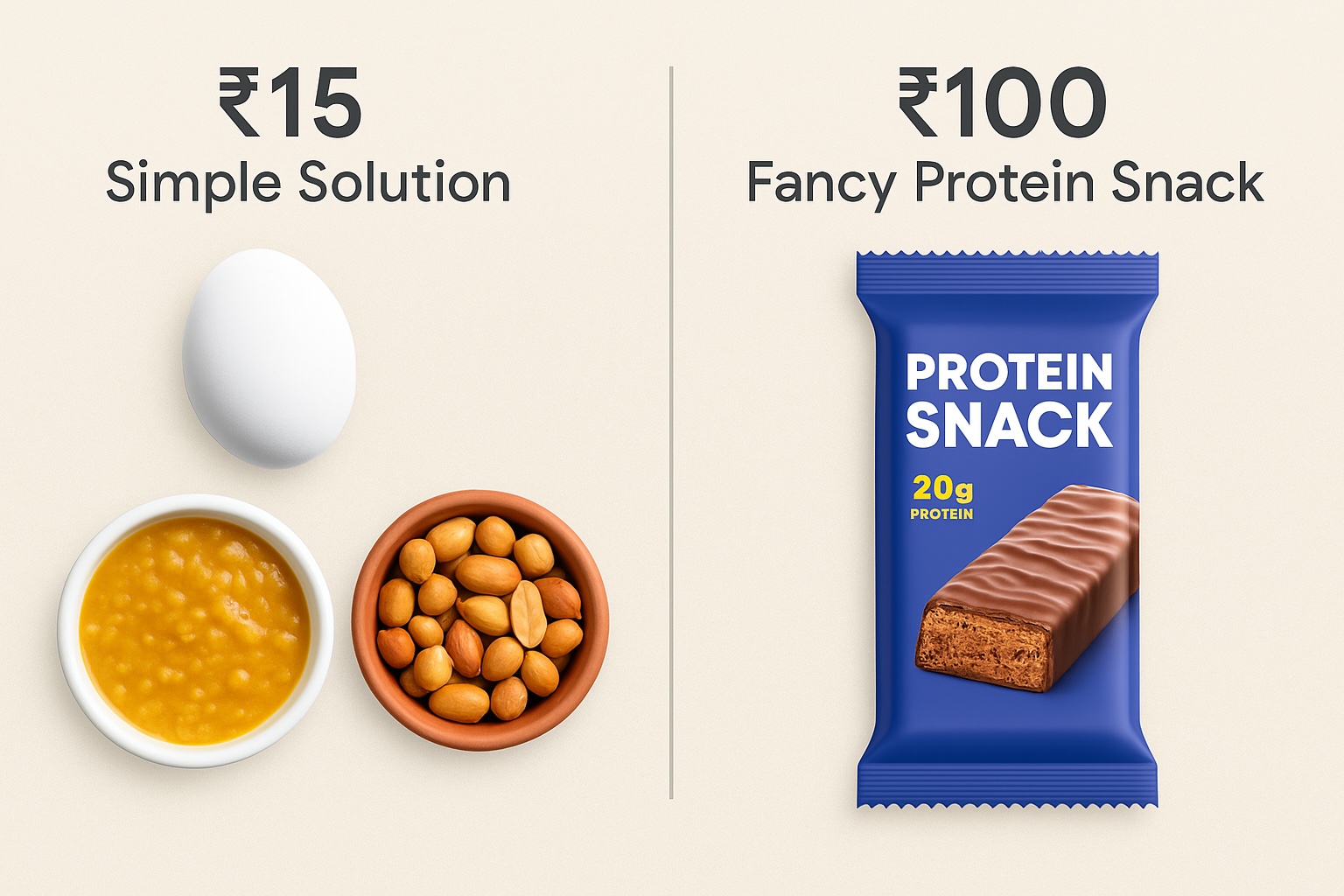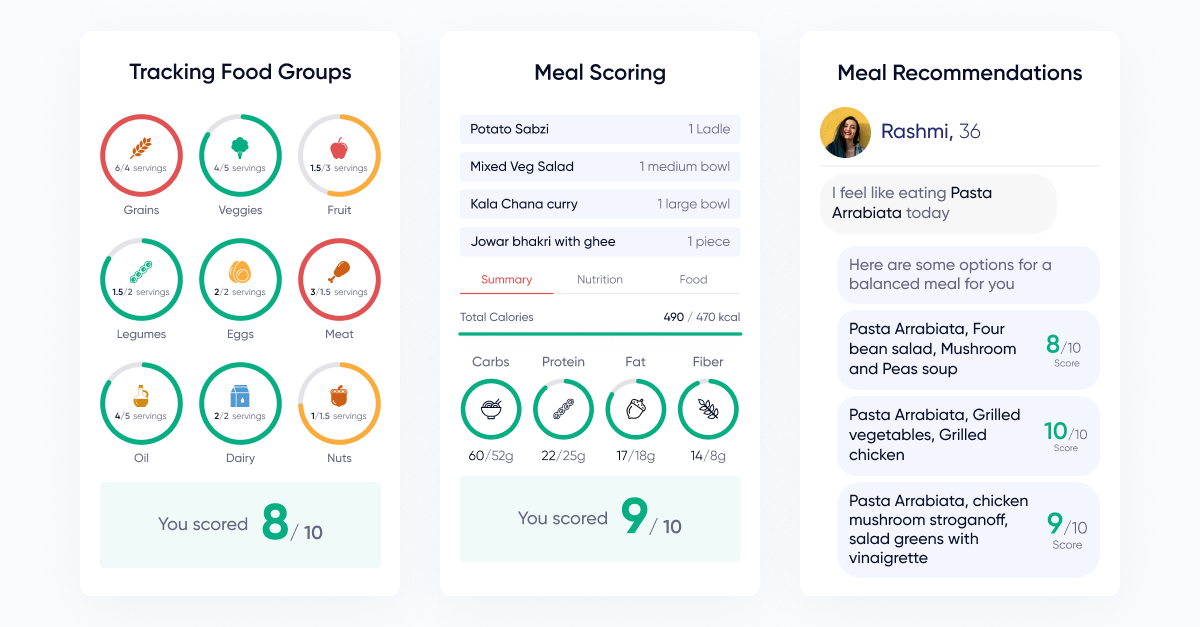
A pretty standard conversation today goes something like this:
“Don’t drink, don’t eat sugar, don’t eat fast food.”
“Why?”
“You’ll be fit and live longer.”
“Why should I live longer?”
“So you can enjoy life.”
“Well… that’s exactly what I’m doing.”
This exchange sums up the problem with how modern health advice is framed. We’ve made longevity the ultimate prize, but here’s the uncomfortable truth: the length of your life is not fully in your control.
Yes, lifestyle choices matter. But longevity depends on multiple factors — and the biggest one is your genetics, something you can’t hack with kale smoothies or intermittent fasting.
So, if longevity isn’t guaranteed, what should you really care about?

The real benefit of fitness isn’t living longer — it’s living better. What you can control is:
That’s the payoff of eating better, moving more, and taking care of yourself — not some hypothetical extra 5 years in old age.
Health influencers often sell an idea of discipline that looks like punishment:
But here’s the paradox: the more obsessed you are with extending life, the less you actually live it.
It’s not about never touching a burger — it’s about having the burger without guilt, because the rest of your lifestyle supports balance.
Instead of chasing longevity as a number, focus on sustainable, enjoyable habits that make your present life better:
These aren’t extreme. They’re doable, and they directly improve your today.
Longevity might happen as a by-product of your healthy lifestyle. But it’s not a guarantee — and it’s not the point.
The point is this: fitness is about feeling alive, not just staying alive.
Forget the noise of six-pack abs and unrealistic influencer standards. Fitness isn’t about looking like someone else. It’s about living well in your own skin — today, tomorrow, and however many years you’re given.
So the next time someone tells you to eat broccoli because it’ll help you live longer, tell them:
“I’m eating well so I can feel good now. Longevity is overrated.”





